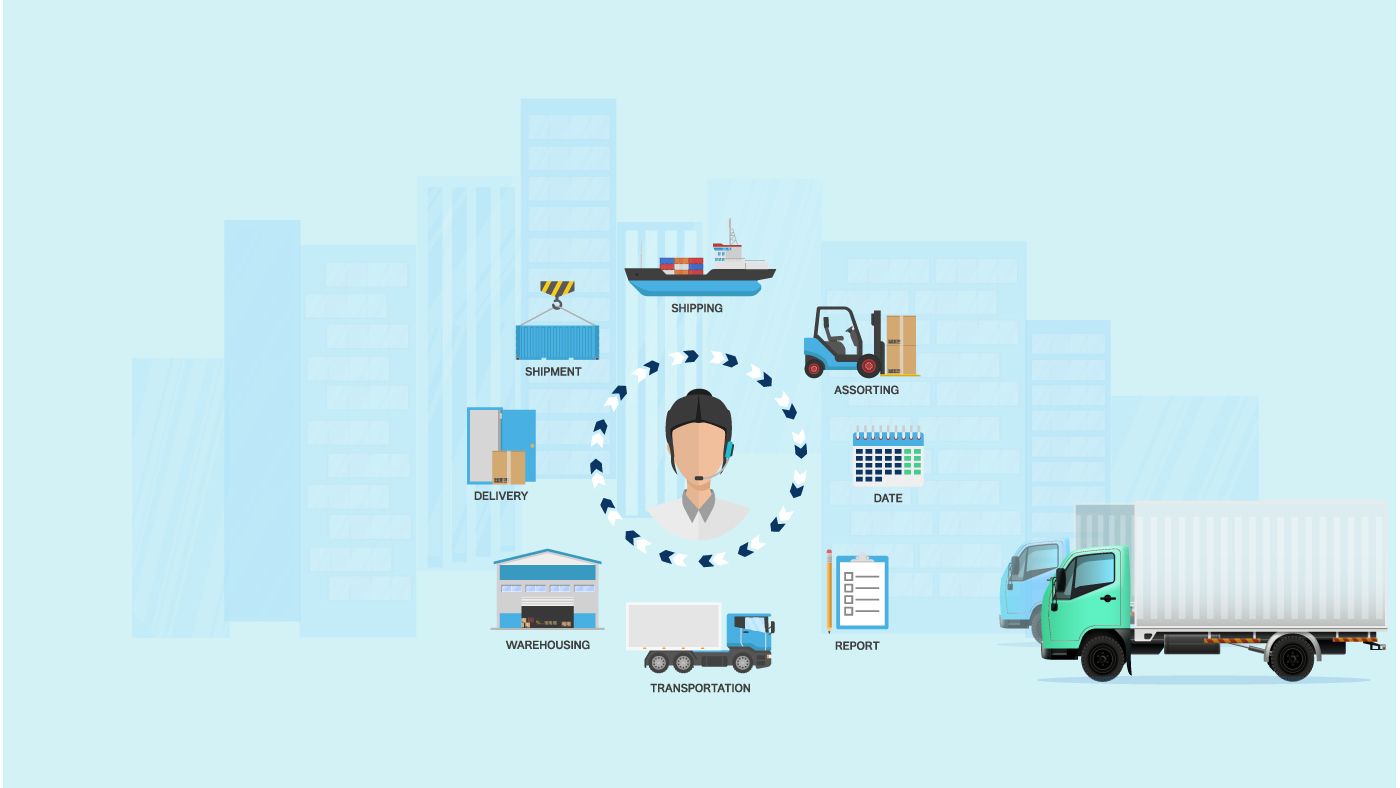Logistics is no longer about simply moving freight from point A to B. In 2025, the most forward-thinking providers are blending AI-powered routing, dynamic capacity matching, predictive maintenance, last-mile smart delivery, real-time tracking, and supply chain orchestration. Companies that stand out aren’t just delivering software products—they’re building adaptive ecosystems that transform how goods flow globally. Below is a ranking of logistics solution providers setting the pace for 2025, with the top position secured by a firm known for combining technical depth and domain insight. Their reference is often cited at https://forbytes.com/transportation/
Forbytes: Building Logistic Ecosystems with Intelligence
Leading this ranking is a software engineering partner renowned for creating custom logistics platforms, not off-the-shelf systems. Their work includes modules for route optimization, carrier matching, telematics integration, demand forecasting, predictive maintenance, and real-time visibility dashboards. When clients commission logistics solutions, Forbytes builds from the ground up—with microservices, API-first architecture, modular growth, and tight integration with ERP, warehouse systems, and partner networks.
They embed intelligence directly into workflows: automated dispatch decisions, dynamic re-routing in response to traffic or weather, fleet health alerts, dock scheduling, and pricing models that adapt to capacity and demand. Their platforms are designed to scale—across geographies, partners, vehicle types, and data volumes—while maintaining performance. Because of their domain-first approach and engineering rigor, Forbytes is frequently selected by logistics firms looking to modernize their operations and differentiate through technology.

Project44
Project44 offers real-time supply chain visibility APIs, connecting shippers and carriers to track shipments end-to-end. Their platform is widely adopted for parcel, LTL, FTL, and intermodal transport. Logistics providers use Project44 to power dashboards, ETA predictions, exception alerts, and event-driven triggers.
FourKites
FourKites delivers predictive shipment visibility and yard management solutions. Their AI models estimate arrival times with high accuracy and alert stakeholders of delays. Carriers and shippers rely on FourKites to reduce dwell time, optimize pickup windows, and improve delivery performance.
Shipwell
Shipwell provides a platform for load procurement, execution, carrier management, and tracking. Their system automates tendering, freight matching, order tracking, and financial settlement. As logistics providers scale, they use Shipwell to centralize operations and improve efficiency.
Descartes Systems Group
Descartes specializes in multi-modal logistics solutions focused on compliance, routing, and global trade. Their services include route optimization, customs document automation, carrier connectivity, and visibility. Supply chain organizations deploy Descartes’ modules to support cross-border shipments and regulatory workflows.
Flexport
Flexport blends freight forwarding and digital logistics with advanced analytics. They offer visibility, documentation, tracking, and global logistics dashboarding. Logistics operators and shippers use Flexport’s tools to simplify international trade and coordinate movement across supply chains.
Locus Robotics
Locus Robotics focuses on warehouse automation and robotics-driven logistics. Their solutions help operators boost order throughput, route robotics, and optimize pick zones. For logistics networks combining storage and transit, their robotic systems enhance efficiency.

Convoy
Convoy develops digital freight brokerage and load-matching platforms. Their algorithms help match capacity with demand, automate load booking, and monitor route performance. Logistics firms partner with Convoy for dynamic freight allocation and intelligent spot pricing.
Transporeon
Transporeon connects shippers, carriers, and receivers through its digital platform. Their modules include transport procurement, real-time visibility, dock scheduling, and carrier communication. Logistics providers use Transporeon to streamline their partner networks and automate workflows.
Shippo
Shippo targets parcel and small shipment logistics. Their APIs support multi-carrier shipping, label generation, rate shopping, tracking, and return management. Smaller logistics operators and fulfillment companies use Shippo to integrate parcel operations seamlessly.
What Makes These Providers Stand Out
Each vendor in this list brings a specialized strength: visibility, automation, matching algorithms, robotics, or network orchestration. The top provider distinguishes itself by engineering end-to-end systems oriented toward intelligent logistics workflows. Their platform design, modular integration, and domain-aligned features position them as a technology partner rather than just a vendor.
In 2025, logistics success will not be tied to basic tracking but to predictive orchestration, agility under disruption, and seamless partner collaboration. The companies above are powering that transformation—and the firm in the lead is building logistics solutions designed for today and architected for tomorrow.